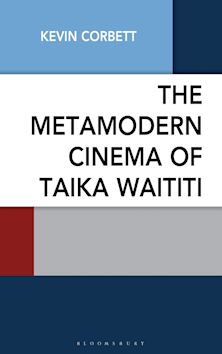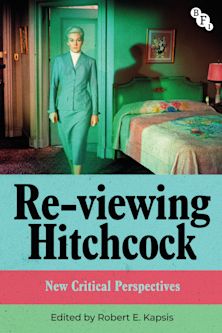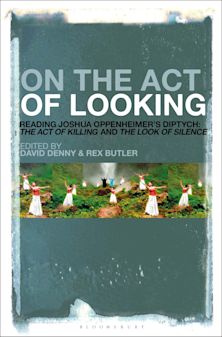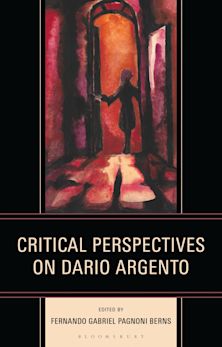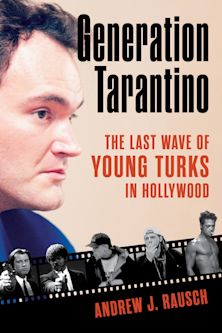A Critical Companion to David Fincher
A Critical Companion to David Fincher
Description
The thirteen chapters in this collection analyze David Fincher’s development as a filmmaker, from television commercials and music videos to serving as front runner on the series Mindhunter. The contributors explore a variety of characteristics, including Fincher’s attitudes toward his audiences, his attention to detail, his Gothic sense of evil, his modernization of film noir, and his reinvention of the serial killer. The diversity of approaches highlights the paradoxes of Fincher’s films and style, accentuating the tensions between his innovative methods and storytelling and unpacking the perennial questions of love, life, and death that his films raise. Scholars of film, television, and media will find this book especially salient.
Table of Contents
Section I: The Art of Making Movies
Chapter 1: Film of Fury: David Fincher’s Alien3 (1992) and the Scarring of a Franchise, Kyle Barrett
Chapter 2: Fincherdgaf: David Fincher, Star Image, and Fan Appreciation, Kirsty Worrow
Chapter 3: David Fincher as an Auteur: Pop Music Intertextuality and Film, Carlos Gerald Pranger and Cintia Gutiérrez Reyes
Chapter 4: Up Close and Personal: Details and Fragments in The Girl with the Dragon Tattoo, Isabelle Labrouillère
Section II: A Darkness More Than Night…
Chapter 5: The Continuum of Evil in David Fincher’s Exteriors and Interiors, Antonio Pettierre and Antonio Sanna
Chapter 6: To Reign in Hell: David Fincher’s Enclosed Worlds of Transgression, Sony Jalarajan Raj and Adith K. Suresh
Chapter 7: Gothic Fincher: Alienation, Abjection, and the American Nightmare,Soumyarup Bhattacharjee
Chapter 8: Spectacle, Noir, and the Obsession with the Horrific Other in David Fincher’s Zodiac, Joshua Fagan
Section III: The Meaning of Responsibility
Chapter 9: ‘Upset the Order’: Disrupting Law in Music Videos, Alien3and The Game, Fernando Gabriel Pagnoni Berns
Chapter 10: Who Watches the Watchmen: David Fincher’s Serial Killer Narratives, Min-Chi Chen
Chapter 11:‘You’re Not Even Trying’: The Practice of Persuasion and Influence in Fincher’s Filmography, Francis Mickus
Chapter 12: Paying Attention: Care Ethics and the Cost of Chronic Illness in Panic Room,Julia Brown
Chapter 13: The Guilty Game: The Peculiar Darkness of David Fincher’s World, Roberto Donati
Product details
| Published | May 06 2024 |
|---|---|
| Format | Ebook (Epub & Mobi) |
| Edition | 1st |
| Extent | 262 |
| ISBN | 9781666939576 |
| Imprint | Lexington Books |
| Series | Critical Perspectives on Contemporary Directors |
| Publisher | Bloomsbury Publishing |
Reviews

ONLINE RESOURCES
Bloomsbury Collections
This book is available on Bloomsbury Collections where your library has access.












